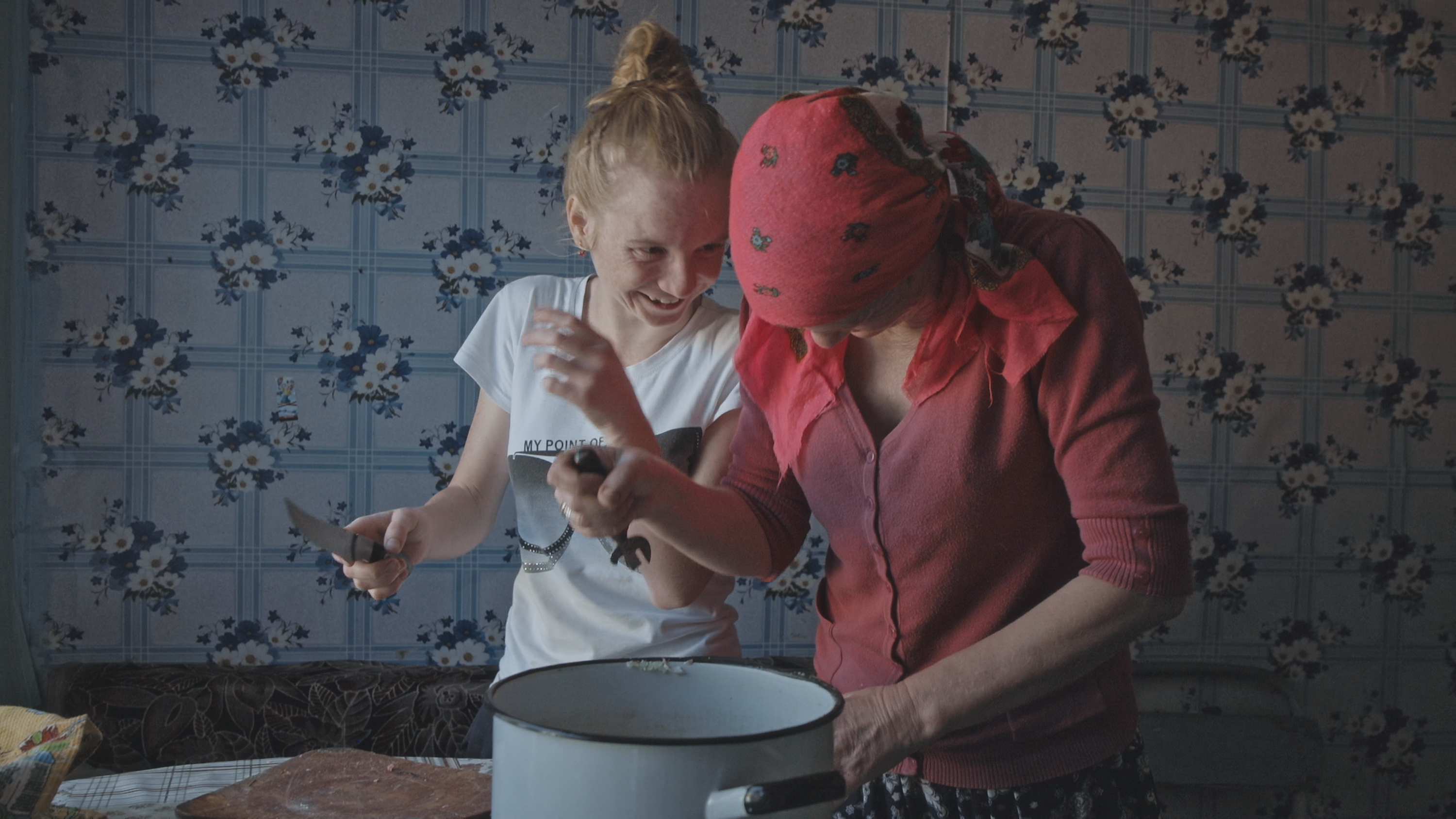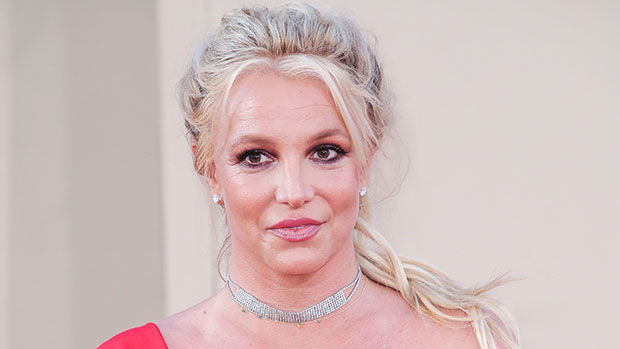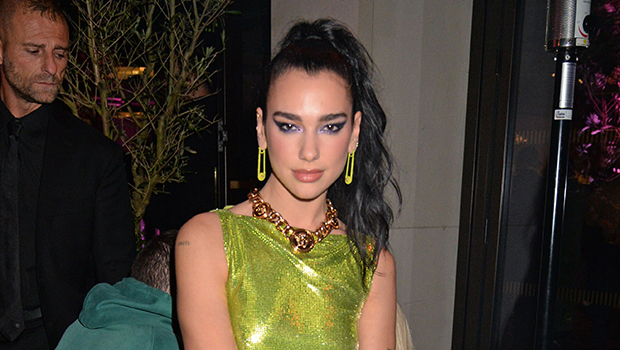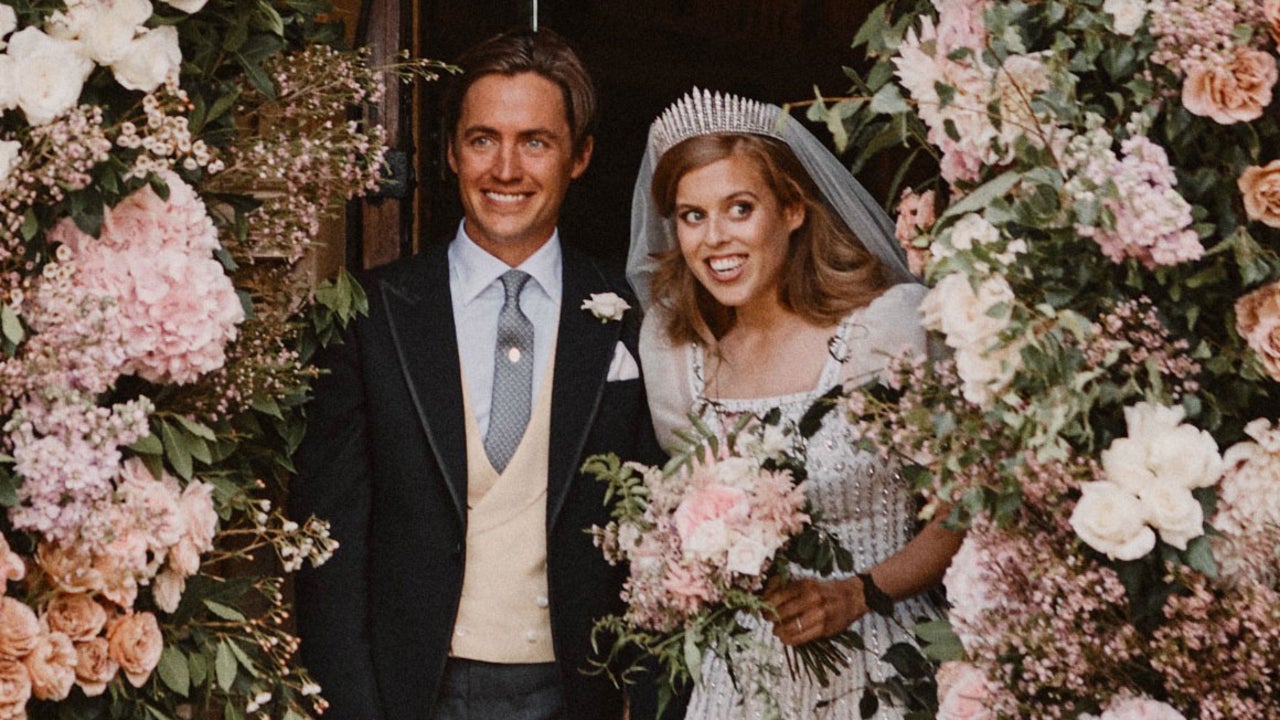Hot Docs 2021 Women Directors: Meet Svetlana Rodina – “Ostrov – Lost Island”
Svetlana Rodina has worked as a reporter and host for various television programs on the RTR channel. In 2011, she became the editor-in-chief of the documentary department of United Media Group, one of the largest production companies in Russia....

Svetlana Rodina has worked as a reporter and host for various television programs on the RTR channel. In 2011, she became the editor-in-chief of the documentary department of United Media Group, one of the largest production companies in Russia. Since 2006, Rodina has primarily worked as a documentary scriptwriter and director.
“Ostrov – Lost Island” is screening at the 2021 Hot Docs Canadian International Documentary Film Festival, which takes place April 29-May 9. The fest is digital this year due to COVID-19. Streaming is geo-blocked to Canada. The film is co-directed by Laurent Stoop.
W&H: Describe the film for us in your own words.
SR: A Russian village of fishermen on an island in the Caspian Sea, forgotten by the state after the fall of the USSR. To avoid starvation, the fishermen are forced to poach. Ivan and his family survive without electricity, administration, doctors, or legal services. Despite moments of despair, Ivan does not forget how to love and dream; he believes in the future of his beautiful and strange island because it is his homeland. But his son Anton doesn’t believe in anything and only wants one thing: to leave the island.
W&H: What drew you to this story?
SR: It all started with a photo taken by a friend of mine. There was a photo of some ruins in the fog in some abandoned, isolated place. It was beautiful. There was something strange about that place. I felt that there was a story there. I was told that this place was in Russia, on an island in the Caspian Sea, and people lived there in strange, difficult conditions.
Ever since then, I wanted to go to the island and meet these people. I really wanted to understand what the island meant to them — was it a kind of freedom or a prison? And why aren’t they leaving this strange island? At that time, I had just emigrated from Russia, my beautiful and strange country, to safe and stable Switzerland. And the island became a strong metaphor for me.
W&H: What do you want people to think about after they watch the film?
SR: I would like the viewers to put themselves in Ivan’s shoes and then honestly think, “What would I have done in his position?” And I would also like to show why it is so important for Ivan to believe in the greatness of his country and the omnipotence of Vladimir Putin. Why Ivan prefers to hide from reality through his illusions — in a difficult situation, this belief saves him from despair. And in that sense, for me personally, it’s not just about Russia. It is a universal story.
In a moment of despair and hopelessness, most of us try to escape into an illusion that somewhere there is some kind of absolute justice. For some it is God, and they go to church. There is no church on Ostrov, however, it was destroyed during the Soviet Union. So for Ivan, it is Putin, who, to him, is not a politician but some kind of God. Can we judge him for this?
This situation and this way of thinking is typical for the majority of people in Russia. That is why they get so angry when someone dares to criticize Putin in films or articles. For them, it is a personal insult. They do not want to give up hope. That’s all!
W&H: What was the biggest challenge in making the film?
SR: Getting to and working on Ostrov was not easy: the heat, the mosquitoes, and the lack of hygiene on the island, since the only way to shower is outside and there’s only one water point on the island — except for those who have wells. The telephone connections were random, depending on the wind direction. Of course, there was no internet. But the most difficult thing was getting closer to people.
The islanders — who live outside the system, outside the law — were suspicious of us. They thought that maybe the police sent us, and that we wanted to sniff out specific details of their fishing business, but we didn’t search for that. We were interested in the characters, the emotions, family stories. We spent a lot of time there, almost losing hope that they would open up to us.
And during all this time, Ivan was observing us. Apparently, he liked us. One day, he invited us to his house for a talk. And that was the beginning of our film. Thanks to Ivan, the island finally let us into its story, into its universe. For us, Ivan is the embodiment of the island.
W&H: How did you get your film funded? Share some insights into how you got the film made.
SR: We first approached the production company DokLab, which was interested in the subject of the film. We then wrote a creative script and a file based on two trips and pre-shooting that we did ourselves. Switzerland has a system of financial aid for cinema through the federal office of culture as well as the various cantons. The public television also finances projects, which makes a lot of commissions and takes some time, especially because only excellent film projects are funded. In the end, we were able to finance the film completely.
W&H: What inspired you to become a filmmaker?
SR: I graduated from university as a philologist and specialist in Russian literature. I thought I would become a writer because I always loved telling stories and the most interesting thing for me is getting to know people. I’m the kind of person who can talk to a stranger on the train to find out if he is happy; what he is proud of; what he suffers from; what he dreams about.
At 17, while I was still in university, fate brought me to television and I discovered the power of visual expression. My cameraperson friends took me out of my world of books, in which I had lived my youth — and let me discover the world of cinema. I immersed myself in the universes created by Tarkovsky, Fellini, Antonioni, Bergman.
I didn’t choose the path of directing right away, but I eventually realized that it was the path for me, combining my love of people; my desire to listen and tell stories; and my love of the visual arts. But you know what the best part is? One day at my parents’ house, I found my old sketchbooks and saw that they were full of pictures that consistently told certain stories. Even when I was around seven to 10 years old, I was making storyboards for movies without knowing it!
W&H: What’s the best and worst advice you’ve received?
SR: The best advice I got was from Marina Razbezhkina, director and founder of the Documentary Film School: A director shouldn’t offer herself to the protagonists as smart, talented, and so on. A director should approach her subjects as someone who wants to understand him or her. And in that case, you offer yourself as weak and inexperienced.
The most important thing is not to build your life according to the models you’ve imagined. You have to put away all the blueprints and step into someone else’s life with an open mind, into the “river that will take you along with the protagonist.” I am grateful for the good advice.
I don’t remember any bad advice. I consider myself accountable for everything I do in my life. It is my responsibility, not that of some person who once gave me some bad advice.
W&H: What advice do you have for other women directors?
SR: I don’t know if I have the right to give advice to others. I’ll tell you what I tell myself before every filming expedition: Remember that you are first and foremost a filmmaker, a professional, and then a woman — or man or nonbinary. Mute your personality. Focus on the other person you are filming. Follow your protagonist with an open mind and try to get rid of any stereotypes. To make a documentary you have to be a modest and quiet person who is willing to listen and hear, to look and see.
W&H: Name your favorite woman-directed film and why.
SR: There are so many of them! I have already mentioned Marina, whom I consider one of my teachers and greatest inspirations. I also love the work of Lynne Ramsay and Andrea Arnold.
My latest discovery is Chloé Zhao’s “Nomadland” and I was blown away by her method: she mixes the techniques of documentary and feature film. The result is 100 percent immersion in the reality of her film. I would love to work in the same way. When I make a documentary, I get to know so many stories that cannot be filmed — because of the safety of the characters, for example. Maybe one day I will tell these stories with the help of actors.
W&H: How are you adjusting to life during the COVID-19 pandemic? Are you keeping creative, and if so, how?
SR: This period hardly changed anything in my life. I have a happily introverted temperament and I don’t need to socialize nor go out much to be happy. As far as work is concerned, we were lucky. We had just finished shooting and we were in the editing period. I did some editing at home, but I also kept on writing, looking for new ideas with my husband Laurent Stoop.
“Ostrov – Lost Island” is our first film together and we don’t want to stop! Honestly, this period was extremely creative. But now we have to go on expeditions again — and that can be difficult, of course. I mean, I look to the future with some anxiety.
W&H: The film industry has a long history of underrepresenting people of color onscreen and behind the scenes and reinforcing — and creating — negative stereotypes. What actions do you think need to be taken to make Hollywood and/or the doc world more inclusive?
SR: I believe that everything possible should be done to eliminate injustice to people of color, people of different genders, people living with disabilities, and so on. The most important thing is a person’s talent and willingness to work. It is difficult for me to talk about the problems that exist in the Western film industry. I came out of a different context. Historically, there are very few people of color in Russia; we usually talk about different nationalities, not races.
I, for example, am half Russian and half Tatar. The problem is very acute on a domestic level. There are prejudices against people from the Caucasus, Central Asia, and the Indigenous peoples of Siberia. But the field of documentary film, in which I work, has so far remained one of the most tolerant and open. I have many talented and successful colleagues of all different nationalities.

 Konoly
Konoly 
































